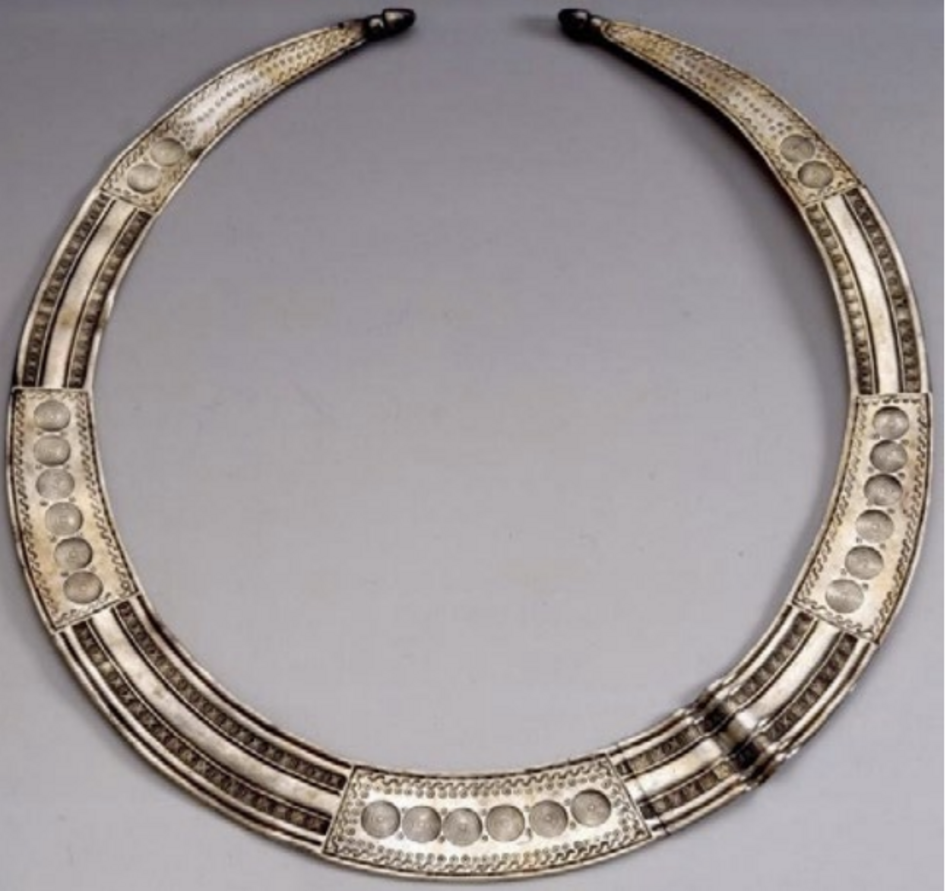
The Mysterious Calendar of the Celts: Unravelling the Secrets of Lunula
A new study has revealed that the lunula, a gold ornament unearthed from the Chão de Lamas treasure in Portugal, may hold significant information about the complex timekeeping systems of the Celts. Conducted by Professor Roberto Matesanz Gascón from the University of Valladolid, this groundbreaking research suggests that the lunula contains clues about the synchronization
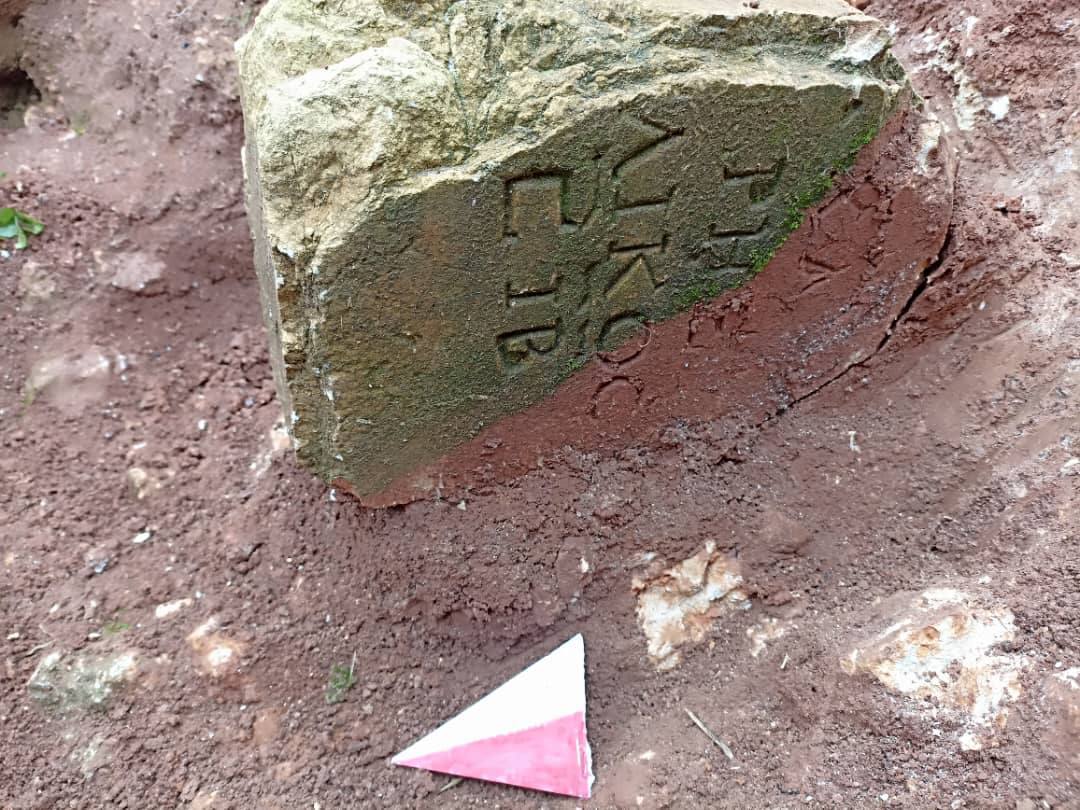
Storm in Libya Reveals History: Ancient Greek Tombstone Discovery in 2023 Flood
In September 2023, Storm “Daniel” struck Libya, causing not only widespread destruction but also revealing hidden historical treasures that had been buried for centuries. In the city of Shahhat, the floodwaters unearthed an ancient Greek tombstone, shedding light on the region’s rich past. The Libyan Antiquities Authority officially confirmed that the artifact discovered in the
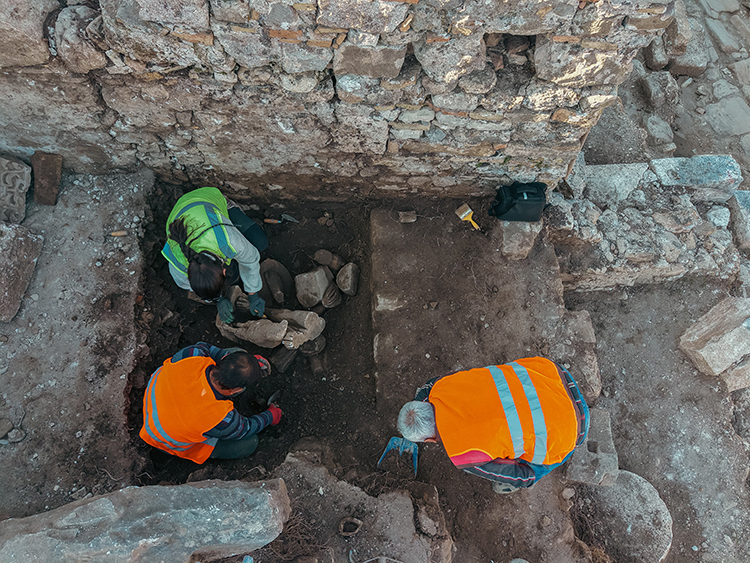
A statue of Hermes was brought to light during the excavations of the ancient city of Aspendos
Recent archaeological excavations in the ancient city of Aspendos, located in the Serik district of Antalya, Turkey, have led to the exciting discovery of a statue of Hermes from the Roman Imperial Period. This significant find is part of the ongoing “Heritage for the Future” project, overseen by the General Directorate of Cultural Assets and
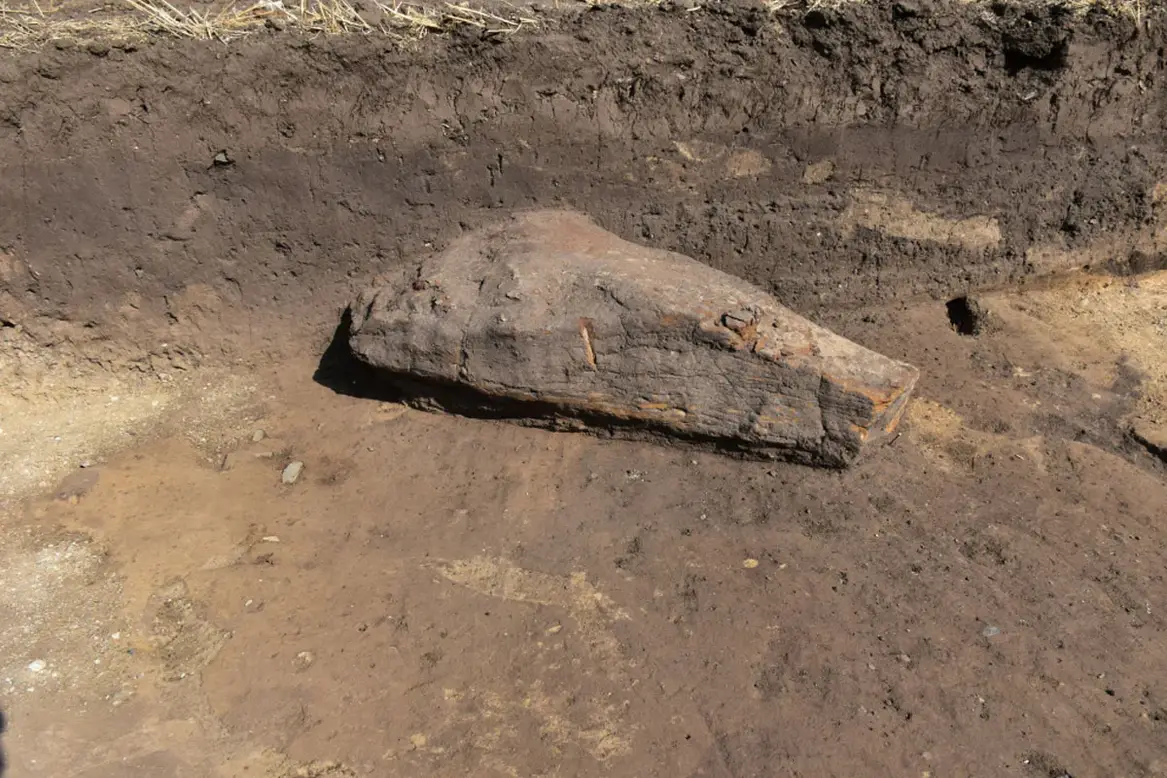
German Archaeologists Discover a Rare Monolithic Menhir
In the Warmholzberg area near Halberstadt, in the German state of Saxony-Anhalt, archaeological excavations have uncovered a monolithic menhir dating back to the Middle Bronze Age. Initially thought to be remnants from the medieval period, the examination of underground ditches actually pointed to a burial site belonging to the Baalberg culture from the 4th millennium
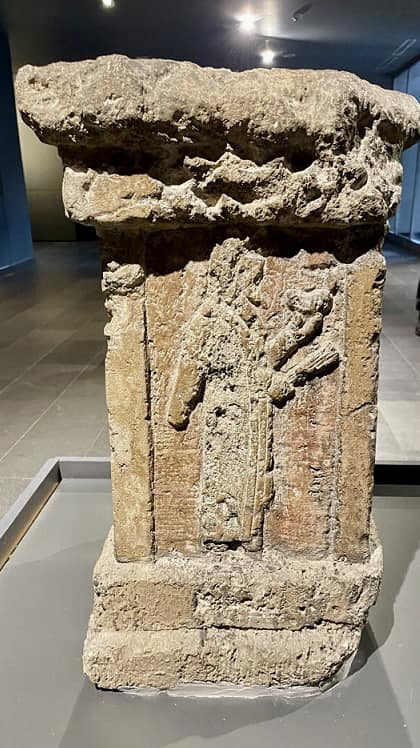
2500 Years Unique Persian Fire Cult Altar
Discovered in the 1930s in the Bünyan district of Kayseri, Central Anatolia, the Persian Fire Cult Altar stands as a remarkable testament to the religious practices of the ancient Persians, dating back to 500 BC. This unique artifact, which is the only known example depicting the Persian fire cult, offers invaluable insights into the spiritual
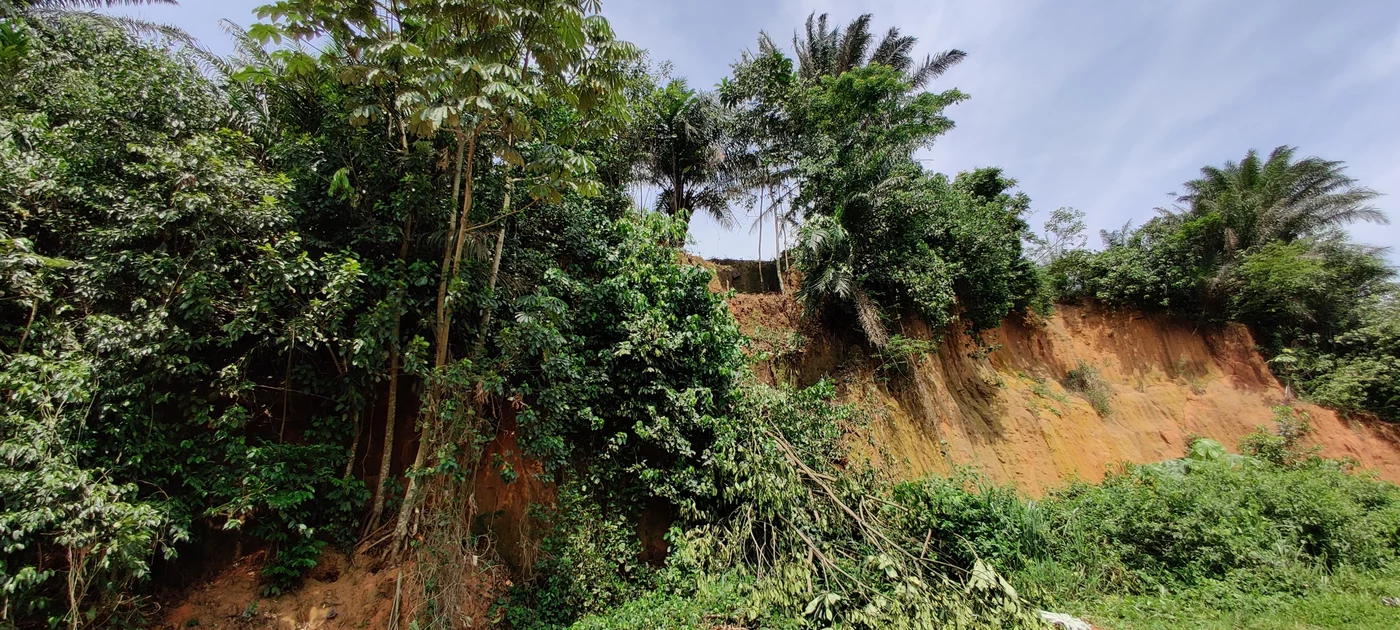
Earliest Evidence of Humans in Rainforest Discovered by International Research Team
A groundbreaking study published in the journal Nature reveals that humans were inhabiting African rainforests much earlier than previously thought, pushing back the timeline by over 100,000 years. This discovery challenges the long-held belief that rainforests were inhospitable barriers to early human settlement and highlights the adaptability of our species. Challenging the Traditional Narrative The
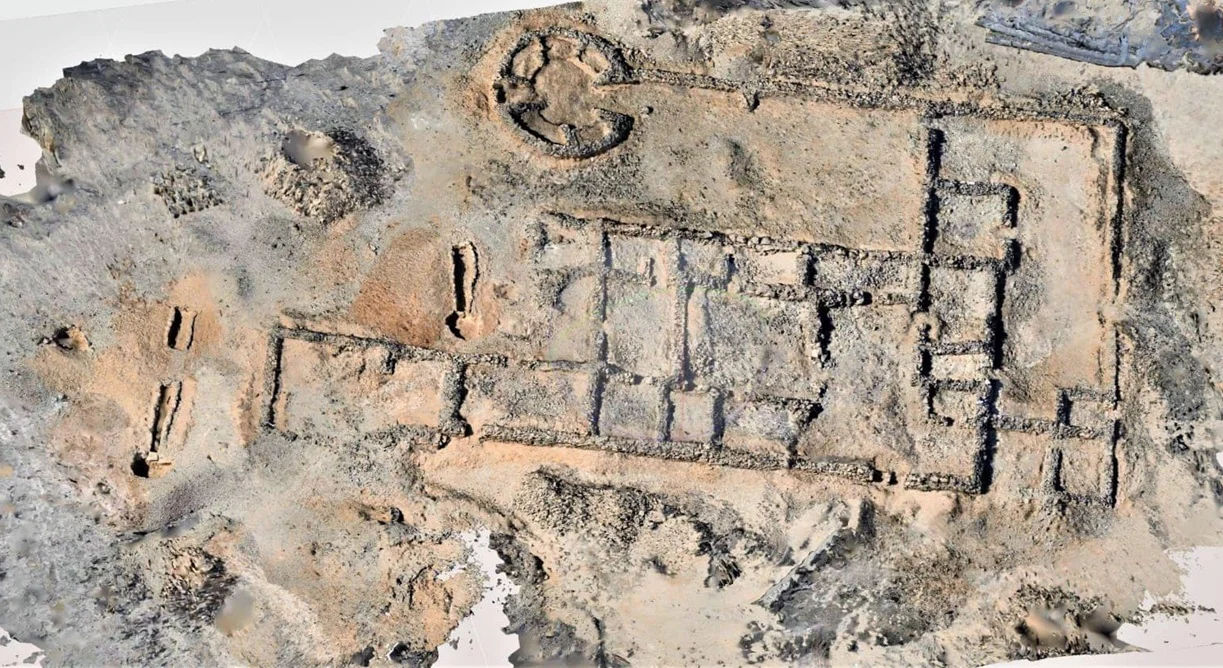
3,000-Year-Old Gold City Discovered in Egypt: Unveiling Ancient Mining Techniques
In Gebel Sukari, located on Egypt’s Red Sea coast, archaeologists from the Supreme Council of Antiquities (SCA) have unearthed the remnants of a massive 3,000-year-old gold processing complex. This meticulous two-year project is shedding light on the secrets of this ancient mining center, revealing valuable insights into Ancient Egypt’s source of wealth. Sukari Gold Mine
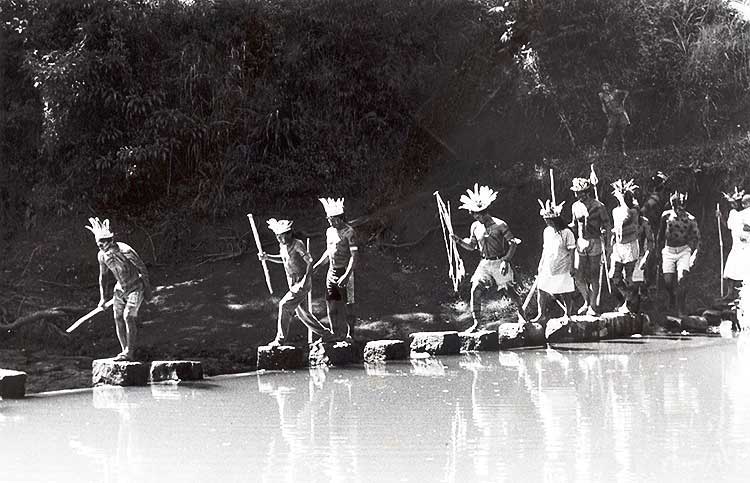
New Study Sheds Light on the Mysterious Burial Practices of the Southern Jê in Brazil
A recent study published in the Journal of Anthropological Archaeology delves into the fascinating burial practices of the Southern Jê people in Brazil, revealing a complex relationship between their use of caves and monumental mounds for interring their dead. This research provides valuable insights into the spatial, chronological, and symbolic dimensions of Southern Jê mortuary
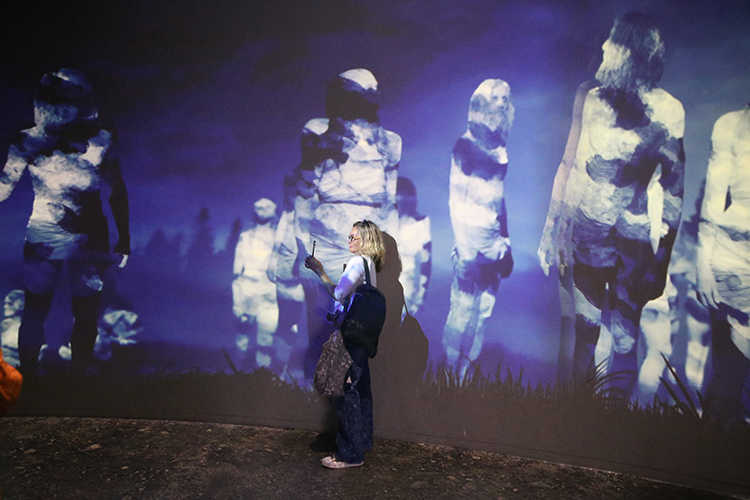
Journey 12,000 Years Back: Göbekli Tepe’s Neolithic World Revived Through Animation
Embark on an extraordinary journey through time to witness the 12,000-year-old history of Göbekli Tepe. This unique experience, brought to life through captivating animation, offers visitors an unforgettable glimpse into the enigmatic world of the Neolithic era. Göbekli Tepe, located near Örencik village in the Haliliye district of Şanlıurfa, southeastern Turkey, stands as the oldest
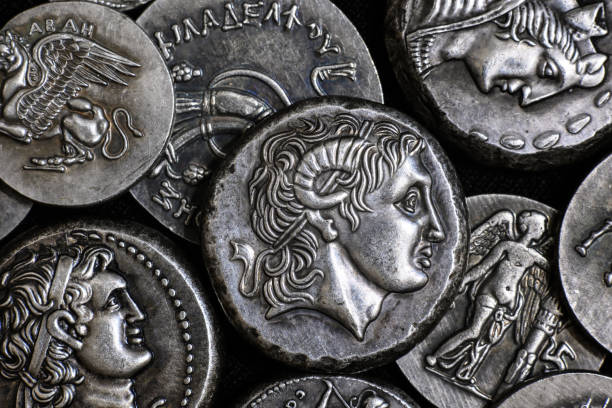
Archaeologists Find Evidence That Money Increased Environmental Pollution in Ancient Greece
Greek and German archaeologists have revealed compelling evidence that the rise of currency in Ancient Greece contributed to increased environmental pollution. This finding underscores the complex relationship between economic development and ecological impact throughout history. Lead, a byproduct of human activity, first appeared in archaeological records around 5,000 years ago, coinciding with the smelting and